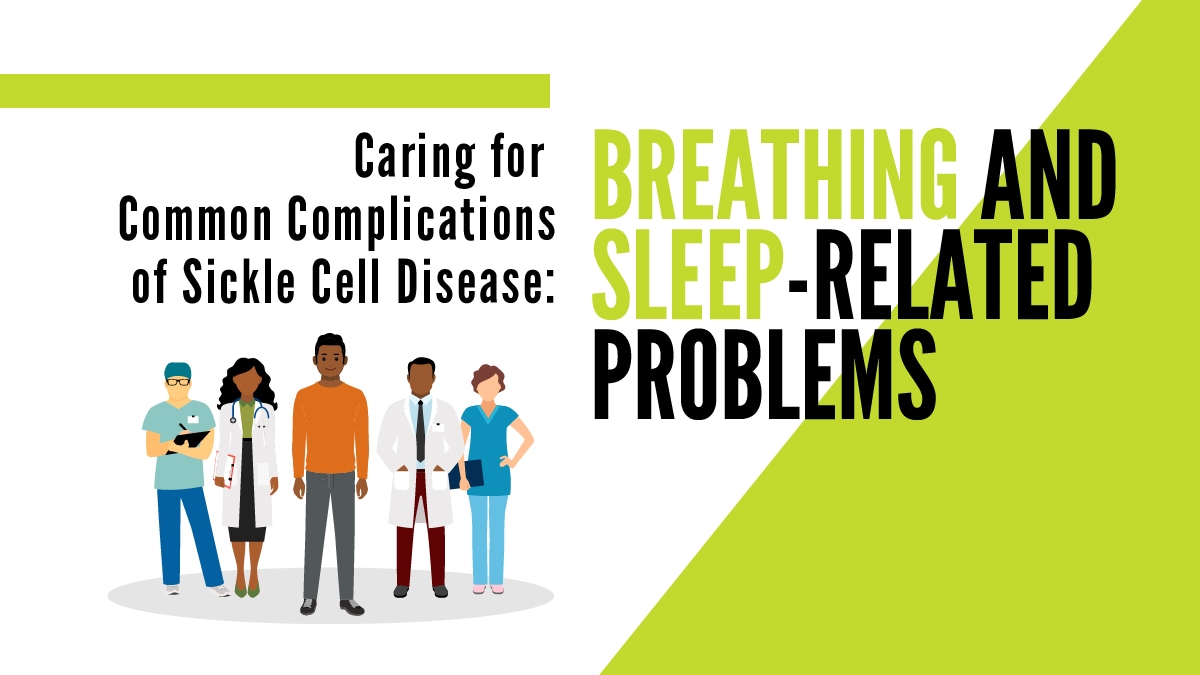What to know
Increase awareness about the steps to better health for people with SCD by sharing the resources below on social media channels such as Facebook, X (Twitter), and Instagram.

Resources
Sample messages
- Healthy lungs are important when you're living with #SickleCell, which puts you at greater risk for complications. Lung issues can lead to breathing and sleep-related disorders. This checklist helps you identify signs and symptoms to discuss with your healthcare provider: www.cdc.gov/SCD/lungs
- Coughing, wheezing, chest pain, snoring, and headaches are just a few symptoms that could indicate lung complications for people living with #SickleCell. This checklist includes more breathing or sleeping symptoms to look out for: www.cdc.gov/SCD/lungs
Social media videos

